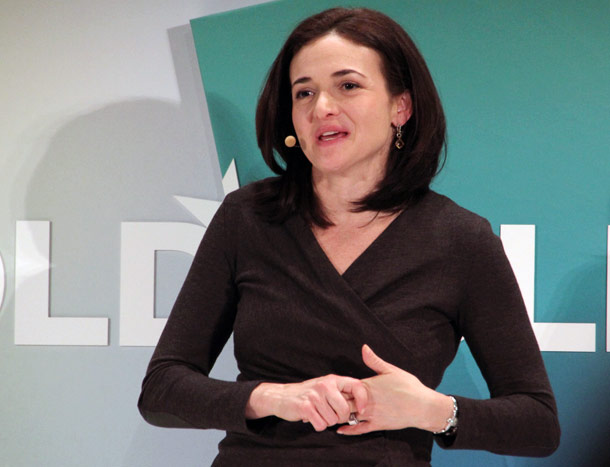
Facebook’s initial public offering is believed to have created as many as 1,000 new millionaires Friday, many of them employees who helped build the world’s largest social network. Now that the company is public, Facebook’s biggest challenge may be making sure it doesn’t have an exodus of talent.
The history of the dot-com bubble is littered with stories about startup founders who became multi-millionaires on paper, only to watch their fortunes and companies disappear. There is also a persistent fear of changing the company’s culture in a way that differs from the fundamentals that built the success story in the first place. A common analogy is parking lots that used to fill up at 7 a.m. and be full until well after sunset now don’t see cars until 9 a.m. and empty out at 5 p.m.
And the cars filling those lots are usually expensive sports cars.
“Buy one thing you’ve always wanted,” Karl Jacobs, a serial entrepreneur and early Facebook advisor, said when asked by CNN what advice he would give to the new millionaires. “A lot of people don’t celebrate the fact that they’ve worked really hard.”
Another fear is that companies will see an exodus of talent: Facebook COO Sheryl Sandberg, who became a billionaire on Friday, famously left Google after helping orchestrate that company’s IPO.
Facebook Could Be Different
By allowing employees to trade shares on private exchanges before Friday’s IPO, Facebook may have inadvertently protected itself from the brain drain that hits a lot of tech companies as soon as they go public. Any employee who wanted to cash out and start over somewhere else has had months to do just that (as an aside, those private exchange trades may also be why Facebook’s shares didn’t take a big first-day jump like other IPOs, which rise an average of 22% on their first day of trading).
“If employees wanted to cash out, they could have sold their shares on the secondary market,” said Jonathan Rick of Levick Strategic Communications LLC in Washington, D.C. “To the contrary, Facebookers love working at Facebook; they enjoy coming in the office of a company that maintains its startup culture while making history,”


0 Responses
Stay in touch with the conversation, subscribe to the RSS feed for comments on this post.